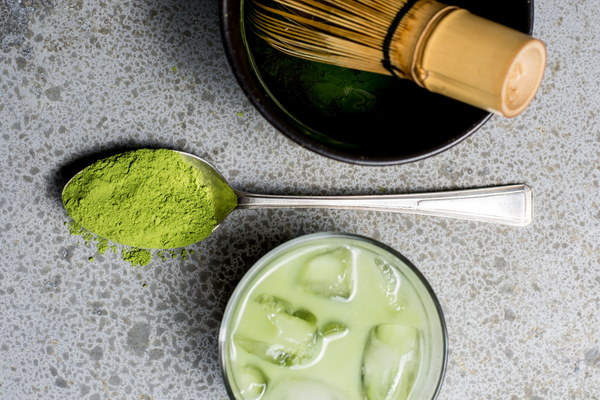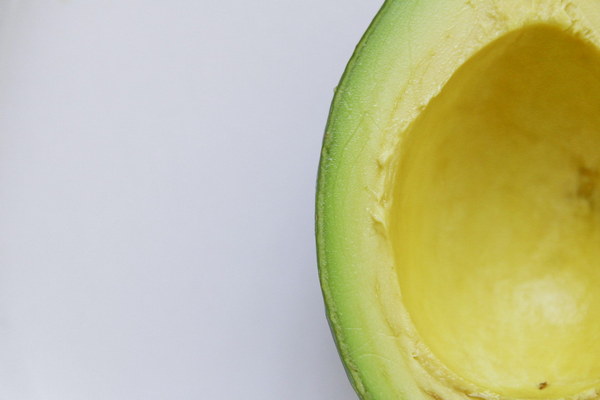Post-Gamma Knife Surgery A Comprehensive Guide to Body Recovery and Care
Introduction:

Gamma Knife surgery, a non-invasive procedure used to treat brain tumors and other neurological conditions, has become increasingly popular due to its precision and minimal invasiveness. After undergoing Gamma Knife surgery, it is crucial to focus on body recovery and care to ensure a smooth and successful healing process. This article provides a comprehensive guide to post-Gamma Knife surgery body recovery and care, covering various aspects such as nutrition, physical activity, mental health, and follow-up appointments.
1. Nutrition:
Proper nutrition plays a vital role in post-Gamma Knife surgery recovery. Patients should focus on the following:
a. High-protein diet: Protein is essential for tissue repair and healing. Include lean meats, fish, eggs, dairy, legumes, and plant-based protein sources in your diet.
b. Hydration: Drink plenty of water throughout the day to stay hydrated, as Gamma Knife surgery can cause dehydration.
c. Balanced diet: Consume a variety of fruits, vegetables, whole grains, and healthy fats to ensure a well-rounded nutrient intake.
d. Avoid caffeine and alcohol: These substances can interfere with healing and cause dehydration.
2. Physical activity:
Physical activity is important for overall recovery and well-being after Gamma Knife surgery. However, it is crucial to start slowly and gradually increase activity levels:
a. Low-impact exercises: Engage in low-impact exercises such as walking, swimming, or cycling to avoid strain on the body.
b. Gradual progression: Start with short, manageable sessions and gradually increase the duration and intensity of your workouts.
c. Rest and recovery: Listen to your body and take breaks when needed. Rest is essential for healing and recovery.
3. Mental health:
The mental health of patients is equally important during post-Gamma Knife surgery recovery. Here are some strategies to maintain mental well-being:
a. Support system: Surround yourself with family, friends, and support groups to help you cope with the emotional aspects of recovery.
b. Stress management: Practice relaxation techniques such as deep breathing, meditation, or yoga to reduce stress and anxiety.
c. Professional help: Seek the assistance of a mental health professional if you are struggling with depression, anxiety, or other mental health issues.
4. Follow-up appointments:
Regular follow-up appointments with your healthcare provider are crucial to monitor your recovery progress and address any concerns:
a. Schedule regular appointments: Follow the schedule provided by your healthcare provider to track your recovery.
b. Communicate with your doctor: Keep your healthcare provider informed about any symptoms, side effects, or concerns you may experience during recovery.
c. Follow treatment recommendations: Adhere to the treatment plan prescribed by your doctor to ensure a successful recovery.
Conclusion:
Recovery after Gamma Knife surgery requires a comprehensive approach, focusing on nutrition, physical activity, mental health, and follow-up appointments. By following these guidelines, patients can enhance their healing process and improve their overall quality of life. Always consult with your healthcare provider for personalized advice and support throughout your recovery journey.









